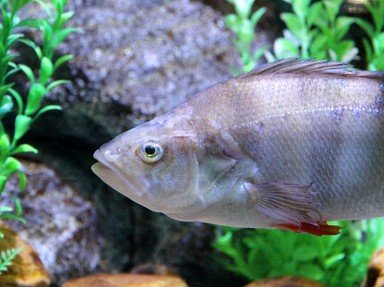Quiz Answer Key and Fun Facts
1. The Bow River near Calgary is a great place to fish for trout. In which Canadian province will you find the Bow River?
2. In an attempt to understand the role of sport fishing in Canada, the federal government surveyed fisheries resources in all provinces and territories in 2000. At that time, which fish was most commonly taken home (as opposed to released back to the water)?
3. What is the common nickname of the "muskellunge", a fish found in many lakes in Canada?
4. Many anglers head to Great Bear Lake to catch large trophy lake trout. Where is Great Bear Lake in Canada?
5. Why is the typical size of lake trout much larger in Lake Diefenbaker, Saskatchewan than in most other parts of the world?
6. Which Great Lake was identified by Outdoor Canada magazine's Fishing 2011 edition as the best place in Canada to fish for yellow perch?
7. What is the walleye also known as in Canada?
8. When is the best time to fish for black crappies?
9. What are the three main things to check to tell the difference between largemouth bass and smallmouth bass?
10. Ice fishing is practised on most freshwater lakes year-round in Canada.
Source: Author
Trivia_Fan54
This quiz was reviewed by FunTrivia editor
rossian before going online.
Any errors found in FunTrivia content are routinely corrected through our feedback system.
